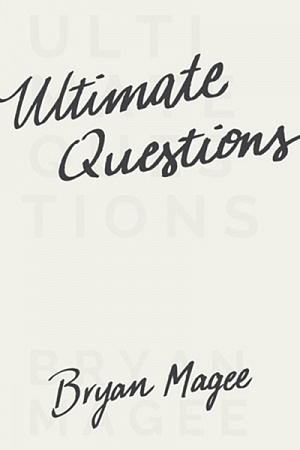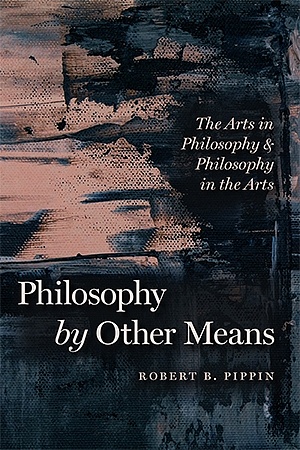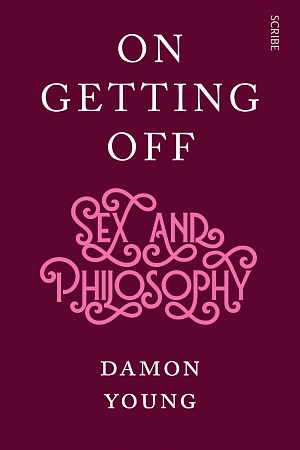Passion for Peace: Exercising power creatively
UNSW Press, $39.95pb, 304pp
Anthology of Peace
It all seems so obvious. So why is the practice of non-violence, peaceful negotiation and conflict resolution so hard? ‘To realise a vision of peace with justice requires inspiration and commitment,’ writes Stuart Rees, in an affirmation that shapes his inspirational new book, Passion for Peace. Rees explores the complexities and possibilities of peacemaking from varied perspectives: political, sociological, legal, biographical and, not least, literary. Rees’s text is studded with quotations from poets: the great Romantics, Wordsworth and Shelley; Denise Levertov; war poet Wilfred Owen; Australian poets Oodgeroo Noonuccal, Judith Wright and Rosemary Dobson – more than fifty all told.
The powerful quotation from Bertolt Brecht’s play Mother Courage, with which Rees’s book opens, goes some way to explaining the attraction of conflict as opposed to peace: the views of Brecht’s sergeant have a disturbingly contemporary resonance:
What they could do with round here is a good war. What else can you expect with peace running wild all over the place? You know what the trouble with peace is? No organisation. And when do you get organisation? In a war. Peace is one big waste of equipment.
Rather than advocating ‘peace running wild’, Rees makes a persuasive case for the importance of patience, clarity, commitment and humour in the process of peacemaking. What is somewhat understated is that peacemaking is also fraught with danger and requires great courage. While reading Passion for Peace, I was also examining Mother Courage with a class of students. Both Brecht’s and Rees’s texts became agonisingly relevant when a young relative of mine, a humanitarian aid worker, was shot while protecting a fellow worker. Her passion for peace had led her to work with displaced children traumatised by war in one of the world’s less frequently reported regions of conflict. She is recovering, and will not, as it was feared, suffer the loss of a leg. Her supportive family and friends are of course deeply shaken and asking themselves difficult questions about the cost of commitment.
Continue reading for only $10 per month. Subscribe and gain full access to Australian Book Review. Already a subscriber? Sign in. If you need assistance, feel free to contact us.











Leave a comment
If you are an ABR subscriber, you will need to sign in to post a comment.
If you have forgotten your sign in details, or if you receive an error message when trying to submit your comment, please email your comment (and the name of the article to which it relates) to ABR Comments. We will review your comment and, subject to approval, we will post it under your name.
Please note that all comments must be approved by ABR and comply with our Terms & Conditions.